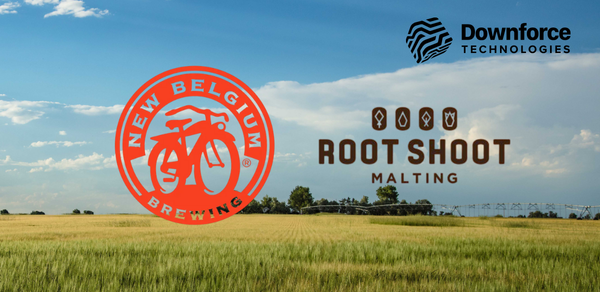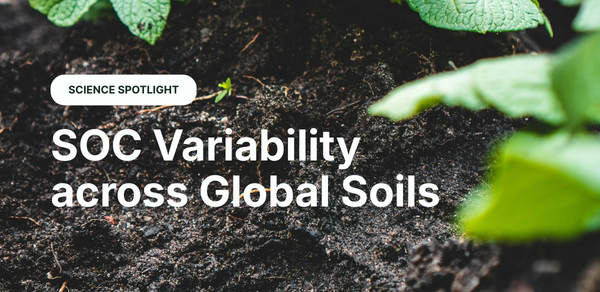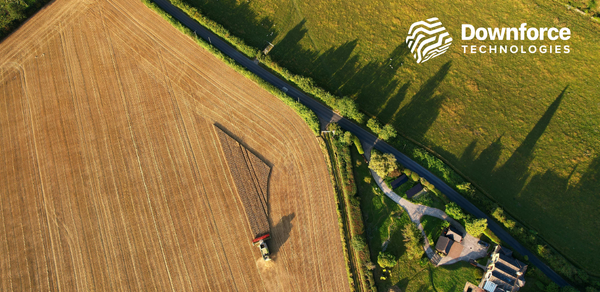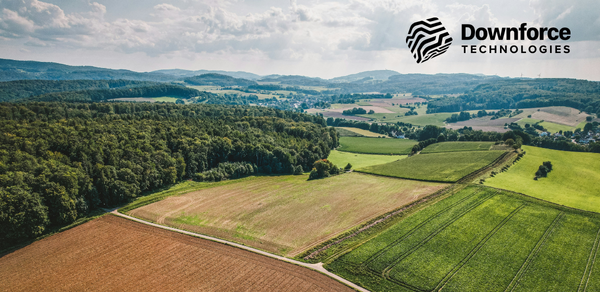PRESS RELEASE: Colorado’s First Climate Smart Barley Project Shows Greenhouse Gas Removal
Sep-10-2025
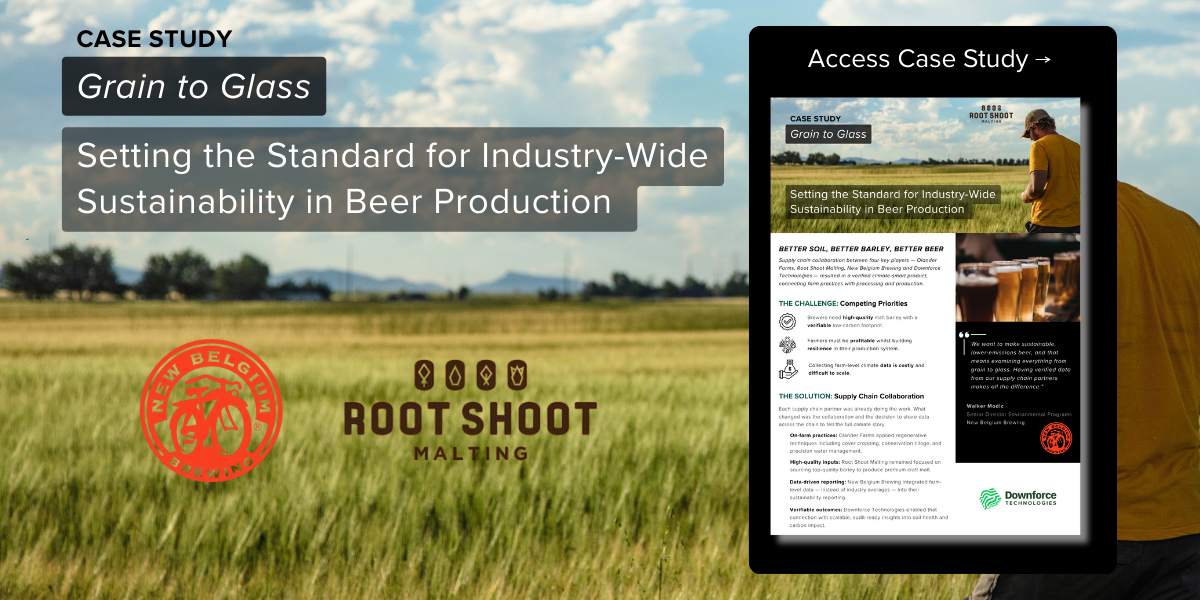
(FORT COLLINS, CO – DATE, 2025) – Today, New Belgium Brewing, Olander Farms, and Root Shoot Malting, in collaboration with Downforce Technologies, announced the successful demonstration of climate smart barley farming’s ability to remove greenhouse gases from the atmosphere while maintaining high brewing quality standards. The Climate Smart Barley project, funded by the Colorado Department of Agriculture, is the first in the state to demonstrate a climate-smart barley supply chain that meets international greenhouse gas standards (ISO 14064).
As part of this initiative, Olander Farms' barley fields achieved an estimated net removal of over 4,000 tons of carbon while also improving farm-level operational performance. In addition to carbon removal, Olander Farms achieved a relative soil health score of 84%, representing best in class agricultural performance. This score was calculated using Downforce Technologies’ advanced soil health system and a patented U.S. land classification model which compares how similar pieces of land perform, using 20 variables.
Brewing trials confirmed that the high quality of the barley was fully maintained, suggesting the supply chain’s potential to scale climate-smart practices across the beer industry.
"A part of New Belgium’s climate strategy focuses on reducing greenhouse gas emissions in our operations and supply chain so that the product consumers pull off the shelf does not contribute to irreversible climate change," said New Belgium's Senior Director of Environmental Programs Walker Modic. "Having this project’s data indicates we can make sustainable, low-emissions beer from grain to glass.”
Using Downforce Technologies' ISO 14064-aligned verification and advanced soil health measurements, the project provides audit-ready sustainability data that breweries can use to meet carbon reduction commitments and inform Scope 3 reporting of indirect emissions across a company’s value chain.
"Olander Farms is a 100-year-old, five-generation family farm, and we’re proud to supply craft malt to breweries and distilleries throughout the US.,” said Todd Olander. “The Climate Smart Barley project demonstrated that our regenerative practices aren’t just good for the land, they’re actively removing carbon from the atmosphere. It’s a meaningful step forward for the agriculture and brewery supply chain.”
The project indicates a replicable model that is designed to not only build sustainability credentials but also establish supply chain resilience and a premium product for the consumer.
“The project shows that connecting farmers, maltsters, and breweries through verified data can turn climate smart barley into a reliable, resilience-building asset,” said Head of Product & Business Development (Americas) at Downforce Technologies Luke Richards. “Many consumers are willing to pay more for sustainably produced beer, and with Colorado’s sizeable barley production and craft industry, scaling the Climate Smart Barley project’s verification framework could deliver significant environmental and economic benefits.”
This shared project was made possible by the Colorado Department of Agriculture.
About New Belgium Brewing
New Belgium Brewing is a leading US premium adult beverage company, known for its iconic portfolio and unique approach to business. Founded in a Fort Collins, CO basement in 1991, New Belgium has grown into one of the most successful breweries in the country, known for Voodoo Ranger IPA, Fat Tire Ale, Bell’s Two Hearted IPA, Oberon Ale, an award-winning wood cellar program, and much more. Over the past three decades, New Belgium’s Human Powered Business model of caring for people, protecting the environment, and owning our impact has remained consistent, guiding our business practices in all that we do. This ethos continues on today and has enabled us to reach many significant milestones over the past three decades including becoming the first craft brewery to become a certified B-corp still in operation, developing the first carbon-neutral beer in Fat Tire, and much more.
New Belgium expanded to Asheville, NC, in 2016, Daleville, VA, in 2023, and acquired Bell's Brewery, in Kalamazoo, MI in 2021.To learn more about New Belgium, visit www.newbelgium.com and to learn more about Bell’s, visit www.bellsbeer.com.
About Olander Farms/Root Shoot Malting
Root Shoot Malting is a fifth-generation family farm and a first-generation craft malthouse producing responsibly-raised, caringly-crafted, high-quality malts. We believe farmers are stewards of the land and that responsible agriculture can support a better food and beverage industry. Located on the Olander family farm in Loveland, Colo., Root Shoot produces malts made from barley, wheat, rye, oats and corn and is working to protect farmland through its conservation easement with Colorado Open Lands. Find our craft malts online at rootshootmalting.com.
About Downforce Technologies
Downforce Technologies is a climate technology company delivering independent, science-led soil health and carbon monitoring at scale. Our mission is to be the world’s leading enabler of agricultural soil health regeneration by providing low-cost, accurate data that helps land managers restore soils and habitats, improve resilience, and contribute to global climate and food security goals.
Built on world-leading, independently verified science, our ISO 14064-validated and U.S.-patented platform uses advanced modelling and remote sensing to measure soil health and soil organic carbon with accuracy and consistency. This impartial digital MRV approach empowers supply chain leaders, sustainability managers, and landowners to monitor impact, track progress toward targets, assess risk, and identify opportunities for profitability, productivity, and regeneration.
Operating in 22 countries and having assessed over 100 million acres globally, Downforce Technologies is making trusted soil data accessible worldwide to accelerate the transition to sustainable agriculture and nature-positive land management.

